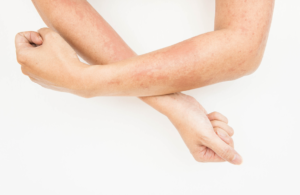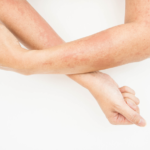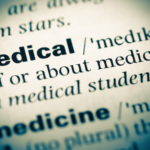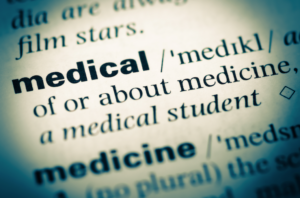 Breaking out in hives can make you crazy. The itching, the scratching, it can be so intense it keeps you up at night. Nothing seems to help and until you know the source, you feel doomed to bouts at pretty well any moment.
Breaking out in hives can make you crazy. The itching, the scratching, it can be so intense it keeps you up at night. Nothing seems to help and until you know the source, you feel doomed to bouts at pretty well any moment.
When they initially come to pass it becomes a process of elimination in order to figure out the cause and eliminate it from your life.
Brought on by Hives, although normally associated with allergic reactions, can also be brought on by stress, insect bites, certain medications, infections, sun exposure and even extreme cold. The sooner you identify what it is that is causing hives for you, the better and more quickly you can halt them.
What works?
- Avoidance of the stimulant is the #1 best defense. If you can’t avoid it or haven’t yet figured out what it is here are some suggestions to help.
- Take Benadryl (antihistamine) to calm the reaction.
- Oatmeal or anti-itch bath – take a cool bath and soak allowing the skin to moisturize.
- Scratching, though it may feel good, will increase the need to scratch. It’s a vicious circle. If at all possible, avoid scratching. If that isn’t possible, try and use a skin brush rather than your nails which can have bacteria on them and are more prone to tearing. The brush will feel even better and not lead to broken skin areas.
- Moisturize with a hypoallergenic lotion directly after the bath. Pat dry.
- Use Calamine lotion to relieve itching by cooling the skin.
- Talk to your doctor about prescription options if you experience chronic hives.
Let your doctor help you pinpoint the cause. They are able to help diagnose and get to the root of the problems so that you can get on with your life, hive free. To find a practitioner here in Lee County, Florida please visit our FREE resource list from the Independent Physicians Association of Lee County by going to www.ipalc.org/find.


 Doctors spend over a decade on schooling, sometimes more depending on the choice of specialty. Is it any wonder that they come out speaking a whole other language than the rest of us?
Doctors spend over a decade on schooling, sometimes more depending on the choice of specialty. Is it any wonder that they come out speaking a whole other language than the rest of us?